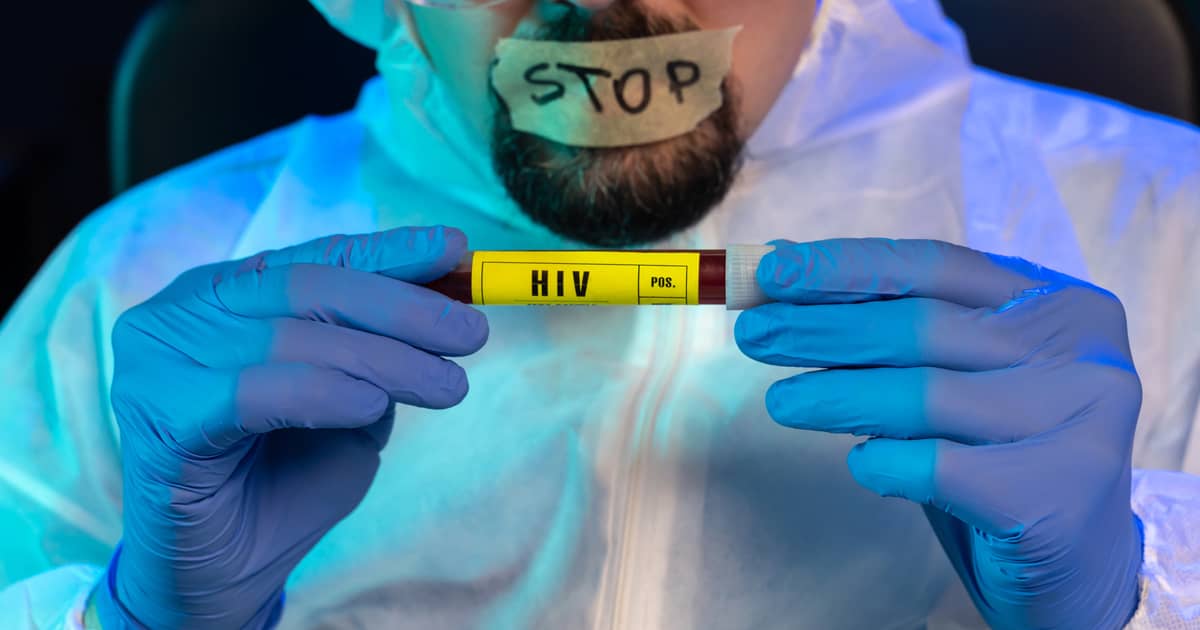Sexual assault can have numerous negative effects, some of them lasting. People who have gone through such a traumatising experience will need to focus on their healing and recovery as soon as possible. That involves a holistic approach that prioritises both mental and physical health.
As far as physical health goes, a number of steps will have to be undertaken as soon as possible. Immediate measures should focus on potential dangers like the transmission of a sexually transmitted disease (STD).
Research suggests that the first 72 hours after sexual assault are critical. These play a major role in reducing or completely eliminating major dangers like the transmission of human immunodeficiency virus (HIV).
Why Time Matters
HIV prevention after eventual viral exposure is possible in this day and age. It’s enabled through the administration of medications like post-exposure prophylaxis (HIV PEP).
PEP is a combination of antiretroviral medicines that can prevent HIV after eventual exposure. The sooner PEP is administered, the more effective it’s going to be. The current guidelines recommend a 28-day course of PEP that starts within 24 to 72 hours after exposure. As long as this timeframe is met, PEP can be expected to deliver effectiveness in the upwards of 90 per cent. With each passing hour, that percentage would go down.
Medications like PEP rank among the most powerful tools that should be made available to sexual assault survivors. When such options are offered, they provide some peace of mind and enable the initiation of the recovery journey after the traumatic event.
Addressing HIV Concerns in the Aftermath of Sexual Assault
The risk of HIV transmission is viable after sexual assault. It’s quickly turning into one of the main concerns that physicians have to address when working with survivors.
There still isn’t enough data about the effectiveness of PEP administration in post-assault cases. Just like HIV pre-exposure prophylaxis (HIV PrEP), PEP is a fairly new development that’s currently establishing itself as the standard in the world of prevention.
Regardless, standardised protocols to assist sexual assault survivors have started being adopted in many parts of the world. Quite often, PEP is treated as a standard choice for immediate assistance. In some counties, it’s being offered on a case-by-case basis.
The risk of HIV sexual transmission through sexual assault is highly variable, even if an assailant is HIV-positive. Viral load, virulence of the particular HIV strain, the clinical stage of infection and the injuries sustained by the survivor will all have to be accounted for to determine the degree of risk. The survivor’s susceptibility to infection is also going to play a role.
In most cases, the efficacy and safety of PEP are considered high enough to warrant immediate preventative action. Victims from across the world are being offered this choice by a treating physician. Obviously, it’s their right to start a PEP regimen or to refuse the treatment option after being informed.
Very often, survivors are not receptive immediately after assault. The psychological trauma and shock will manifest themselves very fast, which can prevent practical actions. In these cases, physicians working with psychologists can help survivors understand the importance of immediate actions. Physical and mental healing should go hand in hand. The sooner both processes start, the better.
Have You Been Assaulted? You’re Not Powerless!
Anyone who has survived sexual assault recognises the feelings of powerlessness and complete vulnerability after such a violation.
If you’ve gone through such a traumatic experience, you should definitely give yourself enough time to heal. At the same time, realise that you’re strong and exceptional for surviving.
Confusion, shock and a sense of bereavement are all natural responses after being sexually assaulted.
Chances are that apart from feeling highly emotionally vulnerable and confused, you’re also worried about STDs. That’s a valid concern you need to address with your treating physician.
Most types of sexual assault can contribute to the transmission of common types of STDs. The most serious ones are HIV, hepatitis B and genital herpes. Other sexually transmitted diseases can also lead to issues down the line, especially if these remain undiagnosed or untreated for far too long.
The overall risk of getting a serious STD from sexual assault is low. Research suggests that the conditions most commonly passed during assault include gonorrhoea and chlamydia (and even these are transmitted in a very small percentage of all cases).
Still, you have the right to seek out preventative measures (whenever such are available), screening and treatment options. While going through such medical procedures could be traumatic at first (an active reminder of the experience), they could help you avoid serious complications and additional health effects.
What matters the most is talking to an experienced professional in the aftermath of the trauma.
A STD clinic in Singapore like Shim Clinic offer comprehensive and confidential consultations on most topics pertaining to sexual health. If you need to see an experienced physician and discuss some of your biggest concerns, such reputable clinics would be the places to visit. Apart from getting information and answers, you can also receive testing, HIV PEP and other treatments upon necessity.
References:
- gov. (2021, April 28). The First 72 Hours after a Sexual Assault Are Critical for HIV Prevention. Retrieved May 8, 2021, from https://www.hiv.gov/blog/first-72-hours-after-sexual-assault-are-critical-hiv-prevention
- Current perspectives in HIV post-exposure prophylaxis. (2014). Retrieved May 8, 2021, from https://www.ncbi.nlm.nih.gov/pmc/articles/PMC4216036/

